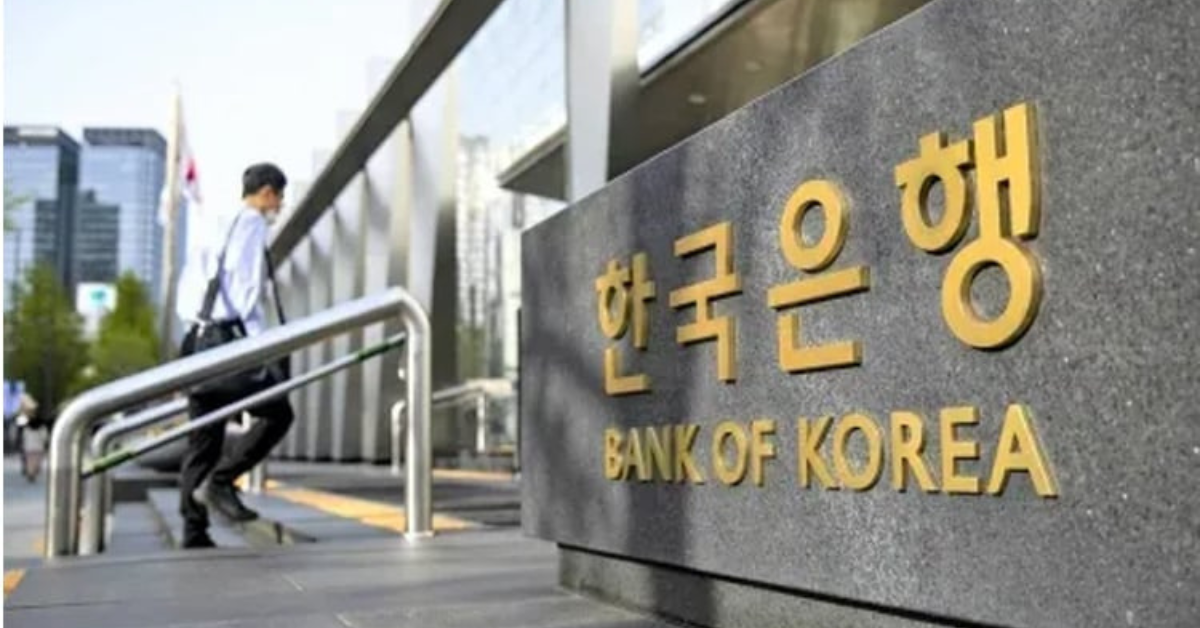The global economy is navigating through a complicated maze this week as inflation continues to stubbornly persist in many major economies, and supply chain disruptions show signs of lingering longer than expected.
Central banks, including the U.S. Federal Reserve and the European Central Bank, have been hiking interest rates aggressively over the past year to tame rising prices. However, recent data suggests that inflation is proving more “sticky” — driven by soaring energy costs, geopolitical tensions, and uneven post-pandemic recovery.
Meanwhile, global supply chains are still feeling aftershocks from conflicts and new COVID variants impacting manufacturing hubs. Ports and logistics networks are struggling with backlogs, leading to delays in delivering raw materials and finished goods. This has added fresh pressure on businesses and consumers alike.
Emerging markets are particularly vulnerable. Many rely on imports for critical goods and have limited monetary policy tools to counteract inflation. Currency fluctuations add another layer of complexity, with some countries seeing significant depreciation against the dollar.
Economists warn that without coordinated international efforts, these challenges could slow global growth and exacerbate inequalities. The message from this week’s economic forums is clear: the road to stable growth demands a delicate balance of policy, diplomacy, and innovation.
For Bangladesh and other developing economies, the implications are twofold — navigating external shocks while fostering domestic resilience and sustainable development.



